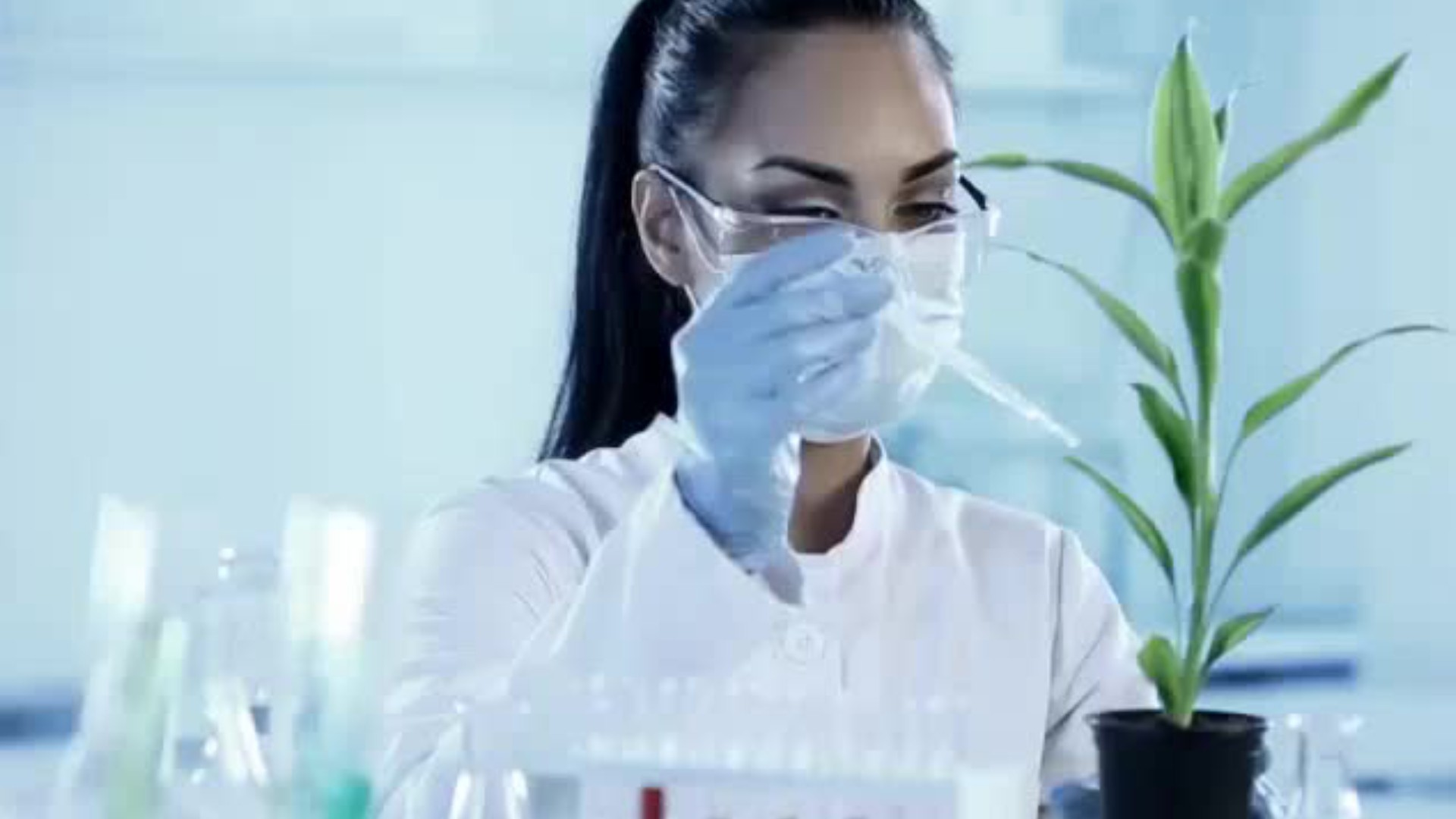Biochemists & Biophysicists
Analytical Research Chemist, Biochemist, Biophysics Researcher, Scientist
 Select a military branch to see samples.
Select a military branch to see samples.
Biomedical Laboratory; Biomedical Laboratory, Clinical Chemistry; Biomedical Laboratory, Microbiology; Chemist/Nuclear Chemist, Airlift; Chemist/Nuclear Chemist, General; Chemist/Nuclear Chemist, RPA; Chemist/Nuclear Chemist, Trainer; Physicist/Nuclear Engineer, Bomber; Physicist/Nuclear Engineer, General; Physicist/Nuclear Engineer, RPA
Allied Sciences; Biochemistry; Medical Service Corps Officer; Microbiology; Nuclear and Countering Weapons of Mass Destruction (CWMD)
No similar titles were found.
No similar titles were found.
Biochemist; Chemist; Medical Laboratory Scientist; Microbiologist; Physicist, General; Physiologist
Biomedical Laboratory; Biomedical Laboratory, Clinical Chemistry
What they do:
Study the chemical composition or physical principles of living cells and organisms, their electrical and mechanical energy, and related phenomena. May conduct research to further understanding of the complex chemical combinations and reactions involved in metabolism, reproduction, growth, and heredity. May determine the effects of foods, drugs, serums, hormones, and other substances on tissues and vital processes of living organisms.
On the job, you would:
- Share research findings by writing scientific articles or by making presentations at scientific conferences.
- Teach or advise undergraduate or graduate students or supervise their research.
- Study physical principles of living cells or organisms and their electrical or mechanical energy, applying methods and knowledge of mathematics, physics, chemistry, or biology.
Knowledge
Math and Science
- biology
- chemistry
Arts and Humanities
- English language
Education and Training
- teaching and course design
Engineering and Technology
- computers and electronics
Skills
Basic Skills
- using scientific rules and strategies to solve problems
- reading work related information
Problem Solving
- noticing a problem and figuring out the best way to solve it
People and Technology Systems
- thinking about the pros and cons of different options and picking the best one
- figuring out how a system should work and how changes in the future will affect it
Abilities
Verbal
- communicate by writing
- read and understand what is written
Ideas and Logic
- make general rules or come up with answers from lots of detailed information
- group things in different ways
Math
- choose the right type of math to solve a problem
- add, subtract, multiply, or divide
Visual Understanding
- see hidden patterns
Personality
People interested in this work like activities that include ideas, thinking, and figuring things out.
They do well at jobs that need:
- Integrity
- Analytical Thinking
- Persistence
- Attention to Detail
- Achievement/Effort
- Dependability
Technology
You might use software like this on the job:
Analytical or scientific software
- IBM SPSS Statistics
- Minitab
Presentation software
- Microsoft PowerPoint
Graphics or photo imaging software
- Adobe Photoshop
- Graphics software
Education
Education: (rated 5 of 5)
post-doctoral training or
doctoral degree
usually needed
doctoral degree
usually needed
Job Outlook
Bright
New job opportunities are very likely in the future.
Explore More
You might like a career in one of these industries:
See more details at O*NET OnLine about biochemists and biophysicists.






